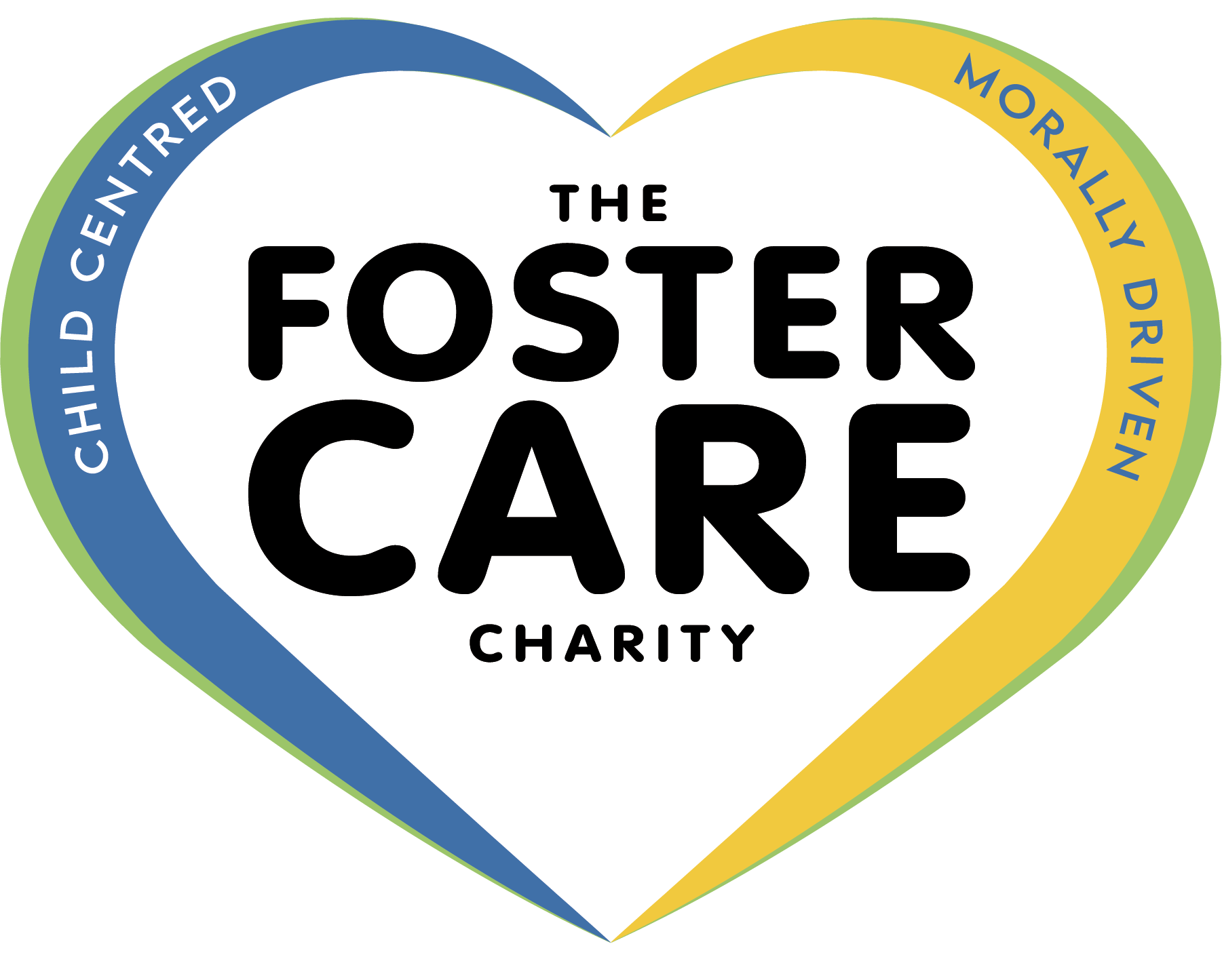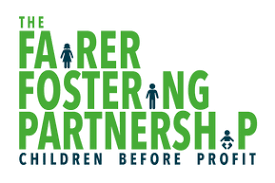
Fostering has been in the news a lot recently. We could mention the recent stories concerning the ‘cost’ of placing children with independent fostering agencies to be wildly more expensive than if the child is placed with in-house local authority carers.
Other stories have tarred all independent fostering agencies with the same brush, unfortunately labelling them as organisations who make huge profits from the misery of children.
The Foster Care Co-operative is an independent not-for-profit fostering agency. It is unique in the UK due to its co-operative status – giving staff, carers and children a voice in the organisation. We are a member of the Fairer Fostering Partnership that brings together ethical, not-for-profit fostering organisations. We operate simply to run the service – so any surplus income is reinvested to provide more support and training for our carers. We are a transparent, honest and fully child focussed fostering agency.
We thought we would put together a list of myths vs. facts, at least from our own approach to providing foster care. Most are concerned with the perceived barriers to fostering, but there are some about the sector – that will hopefully dispel any general misconceptions.
Myth: I need qualifications to foster.
Fact: you don’t actually require any qualifications, as full training called ‘Skills to Foster’ will be provided. This training will take place part the way through your assessment to become a foster carer. Then, if you are approved, you will have the opportunity to undertake further training to widen your skill set.
Myth: I can’t foster as a single person.
Fact: you can be married, single, living together, in a civil partnership or divorced.
Myth: I have to own my own house to foster.
Fact: you can rent or own – just as long as your home is safe, welcoming and comfortable.
Myth: I can’t foster as I have a regular job.
Fact: you can foster and work – but a certain amount of flexibility would be helpful as school or nursery runs may have to be undertaken.
Myth: The Foster Care Co-operative is not-for-profit, so I won’t be paid as a carer.
Fact: we pay a professional carer fee. Any surplus income after expenses is ploughed straight back into providing more support and training for our carers.
Myth: I have my own children, so I can’t foster.
Fact: Many carers have their own children – we carefully match a child to your household. Having your own children gives you valuable childcare experience that could be useful when a child is placed with you.
Myth: I heard that LGBT people can’t foster.
Fact: anyone can potentially become a carer, regardless of sexual orientation. Fostering should be inclusive and diverse.
Myth: I need childcare experience to foster.
Fact: although childcare experience would be beneficial, full training called ‘Skills to Foster’ is provided. You may actually have a certain amount of experience looking after or interacting with a friend’s child!
Myth: I’m 60, I’m too old to foster!
Fact: age is just a number! A health assessment, that all potential foster carers have to take as part of the application process, will help determine if you are physically able to foster.
Myth: I can’t foster children with different religious beliefs to my own
Fact: differing religious beliefs should not be a barrier – as long as you respect a child’s beliefs if they are different to yours. The most important thing is providing a safe and caring home environment.
Myth: all independent fostering agencies profit from foster care.
Fact: some agencies do profit from foster care, but there are a number of charity and not-for-profit agencies that constantly reinvest and don’t make a commercial profit – including The Foster Care Co-operative!
Myth: it’s more expensive to place a child with an independent agency than within a local authority.
Fact: some independent agencies charge more than others, but the cost to place a child has to include the running costs of the organisation such as staffing, insurance and premises costs. Local authorities still have to pay these overheads, but when cost comparisons are made, they aren’t included – making the cost to place children with local authority carers seem a lot cheaper.
Myth: I think I am too young to foster.
Fact: You can actually apply to be a foster carer when you are 21 🙂
Myth: I can’t foster because I have pets.
Fact: A lot of children love pets, so other than any known allergies or fears, pets can be a good thing!
Myth: I can’t foster as I have a disability.
Fact: As long as you are able to care for a child, a disability shouldn’t preclude you from fostering. The Foster Care Co-operative are currently participating in some research aimed at breaking down possible barriers that may stop disabled people from considering or becoming foster carers.
Myth: I can’t foster as I live in a flat.
Fact: The type of building you live in is irrelevant, as long as you have a spare bedroom and the flat is generally suitable for a child this shouldn’t be a barrier to fostering.
We hope that this has put the record straight in many areas concerned with the fostering task. You can talk to us about any of the above points by calling 0800 0856 380, or you can contact us here.
If you are interested in fostering, and want to receive an application pack with no commitment, you can complete our short preliminary form which is here.







